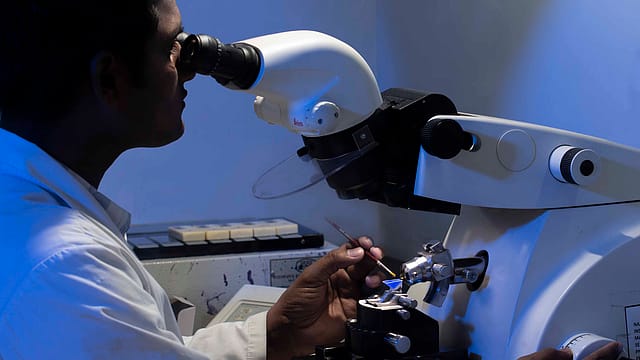Parliament panel slams drug regulator CDSCO for delays, calls for overhaul of medical device licensing
ADVERTISEMENT

A Parliament panel has said that the current licensing process followed by the apex drug regulator, the Central Drugs Standard Control Organisation (CDSCO), is plagued by delays, inconsistent timelines, and a lack of transparency, hindering the growth of the Indian medical device industry.
The Committee pointed out that several medical device manufacturers are hesitant to set up units in India due to the delaying tactics of the CDSCO and prefer alternative investment destinations like Vietnam and Malaysia. The 163rd report of the Parliamentary Standing Committee on Health and Family Welfare, presented in Parliament on March 12, recommends the implementation of a fully digitised, time-bound, and trackable licensing system to solve this problem.
According to the Committee, this system must include clearly defined timelines for each stage of the licensing process, with automatic notifications to applicants and a standardised, publicly accessible database detailing all applications, queries, and approvals, allowing for real-time tracking. It also suggests the utilisation of AI and automated systems to pre-screen applications for completeness, reducing the need for repeated queries and human intervention, especially for globally certified, non-invasive products. The Committee also called for a system that records all queries and the reason for the query, along with the date of the query and the date of the reply.
“The Committee is of the belief that this will allow for easy tracking of the process and will enable analysis of where the process is being slowed. This will help identify bottlenecks, promote transparency, reduce discretionary decision-making, and foster a more efficient and predictable regulatory environment,” the report said.
The Committee recommends a significant overhaul of the query process, including the establishment of a "single query" policy, where all necessary queries are consolidated and raised at once rather than in multiple rounds; a system of conditional approvals within 45 days based on self-declaration and submission of necessary documentation, especially for products with existing international certifications (e.g., CE, US FDA); and the publication of detailed, standardised guidelines and FAQs to minimise ambiguity and reduce the need for queries.
Acknowledging the shortage of capacity and expertise within CDSCO, the Committee sought the acceleration of the recruitment of qualified personnel, particularly drug inspectors and other key positions in the Medical Device Vertical, and the exploration of lateral entry of professionals from the medical device industry to bring in specialised expertise and a more industry-friendly perspective.
The establishment of an independent Industry Advisory Board, comprising representatives from manufacturers (including startups), importers, healthcare providers, and experts, is another key recommendation of the Committee to strengthen Indian medical device manufacturing.
Samajwadi Party MP Ram Gopal Yadav is the chairman of the Parliamentary Panel on Health and Family Welfare.